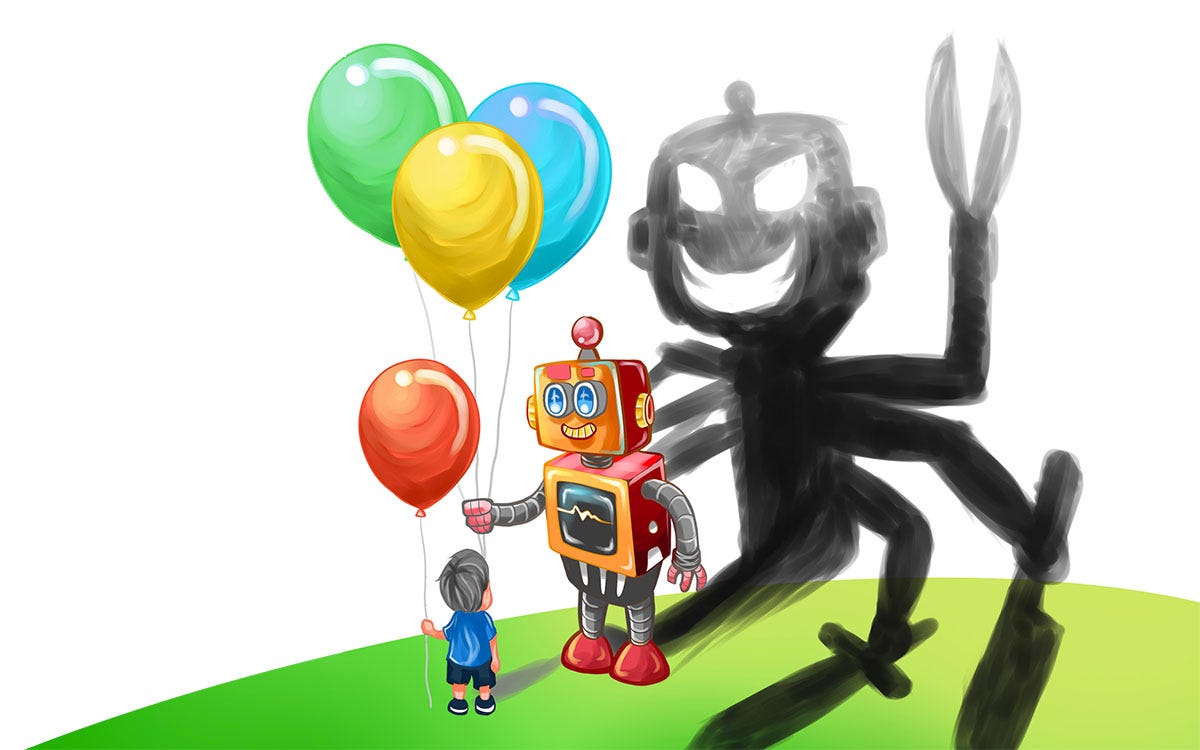your science briefing for 02.27.2025
Buggy algorithms are ruining lives as people scramble to fight back, a surprise benefit to brewing tea, chemists find a big surprise studying lead atoms, and more...
According to the glossy brochures of tech bros, AI is an impartial objective fount of all knowledge that seldom makes mistakes and will bring about a transhuman utopia with enough of an investment. In reality, AI is frequently trained on incomplete data, gets a lot of buggy inputs, reflects our societal biases, and often makes mistakes thanks to a mix of buggy code, bad training, and bad design. People’s lives are being upended by error on a regular basis, and they’re starting to organize to fight back against applying the “move fast and break things” mentality to actual livelihoods… (The Lever)
Billions of people around the world are very serious about their tea, especially Turkey, China, the UK, and Iran, where tea is less of a beverage and more of a way of life. And not only is tea good for you in general, it may also be a terrific way to remove metallic contaminants from water while brewing. This means tea could be a cost-effective and efficient way to filter out toxic metals, especially when brewed in cellulose bags which don’t release microplastics as an added bonus… (Northwestern U)
There are several ideas for why Neanderthals went extinct. Competition from us and the Denisovans. They interbred with us instead of continuing their species, but failed to preserve themselves due to a rare blood antigen mutation. Climate change made it more difficult to hunt as their prey vanished. We still don’t have definitive answers, but we do have another weird fact to add to the question pile: why did Neanderthals hit a population bottleneck 110,000 years ago… (Binghampton U)
Google wants to look at your nudes. Well, sort of. A new AI feature in the Android OS analyzes the pictures on your device to automatically blur any nudes and warn you if you’re about to send that spicy pic to someone. It seems that the idea was to prevent the dreaded friend-or-family-scrolled-too-far incident and give sexters a little friction for a chance to think things through before hitting send, lest it ends up with someone who shouldn’t get a full moon, but Android users are not happy and worry that Google can now remotely steal their steamy snaps… (ZDNet)
Lead is a very interesting element. It’s extremely stable, especially an isotope with 82 protons and 126 neutrons, or Pb-208 as it prefers to be called in the chemistry lab. In an experiment trying to map the shape of its nucleus by bombarding lead atoms with relativistic subatomic particles and mapping their paths, researchers were expecting to see a perfect sphere. Instead, they saw a notable squish. And they’re not sure why this is that case… (ScienceAlert)
![[ world of weird things ]](https://substackcdn.com/image/fetch/$s_!V-uR!,w_80,h_80,c_fill,f_auto,q_auto:good,fl_progressive:steep,g_auto/https%3A%2F%2Fsubstack-post-media.s3.amazonaws.com%2Fpublic%2Fimages%2F93728edf-9a13-4b2b-9a33-3ef171b5c8d8_600x600.png)

